Shyamal Majumdar in Mumbai
Forget 20 years; 49 years should have been a long enough time for change. But former Chief Election Commissioner GVG Krishnamurthy's recent assertion that the idea of a Lok Pal was first conceived in 1962 after a series of corruption allegations hit the Jawaharlal Nehru government is ample proof of the fact that change is not necessarily the only constant in India's life.
The Lok Pal didn't happen then, as attention shifted to the India-China war; people power may make it a reality this time round. But is this the beginning of the end of corruption, as some commentators are suggesting?
The answer, unfortunately, would be a resounding no.
...
Here's why corruption will not end in India
Image: India has slipped in corruption index.Still, India has slipped to the 87th spot in Transparency International's latest ranking of nations based on the level of corruption.
The study showed half of Indians had first-hand experience of paying bribes or influence-peddling to get jobs done in public offices.
India may have more agricultural production now, but for every four grains of rice that the government releases in times of drought, only one grain reaches the poor due to a leaky distribution system which has been hijacked by middlemen.
...
Here's why corruption will not end in India
Image: Cost of 2-G spectrum scam is Rs 1.76 lakh crore.The major corruption scandal, which brought down a government, was about Rs. 64 crore (Rs. 640 million) in kickbacks.
The loss to the exchequer in this year's 2G-spectrum allocation scam is 2,600 times higher than that at Rs. 1.76 lakh crore (Rs. 1,700 billion).
There are at least two other areas where nothing much has changed in the last 20 years.
One of them is subsidies which have remained a sacred cow over the years.
In 1991-92, several global institutions had recommended a broad policy reform that should include a move to market-based pricing of several commodities.
...
Here's why corruption will not end in India
Image: Two-thirds of wheat meant for poor is wasted.The government has all through been saddled with a massive subsidy burden as it has attempted to shield consumers from global oil price spikes and cushion farmers from volatile prices of farm products.
And the public distribution system has remained notoriously leaky, leading to massive pilferage.
Studies have shown that since 1991-92, nearly two-thirds of wheat meant for poor people continues to be lost during distribution and has ended up mostly with hoarders.
Also, up to 50 per cent of subsidised kerosene continues to end up being diverted from the PDS and sold elsewhere at higher prices.
...
Here's why corruption will not end in India
Image: There is stagnation in infrastructure progress.Twenty years ago, there were only 31,700 km of national highways; that number has more than doubled to 70,934 km now.
Yet, there is an unbuilt stretch of 22 km that has prevented closing of the loop of the Golden Quadrilateral project that was supposed to link up all the four metros.
...
Here's why corruption will not end in India
Image: Broadband penetration in India is less than a per cent.Power is another area where the irony is more than visible. Despite massive addition of power generation capacity, almost half of Indian households continue to be without power.
And the rest have to be content with erratic supply. The reasons have been constant over the last 20 years: transmission and distribution losses.
Or, take telecom. Everyone knows the huge increase in mobile phones has been the most visible symbol of India's coming of age.
Yet, the irony is that the level of broadband penetration in India is less than a per cent compared to 9.5 per cent in China.
It's not a surprise that telecom has been a magnet for corrupt politicians of all shapes and sizes.
If it's Raja today, it was Sukh Ram yesterday.

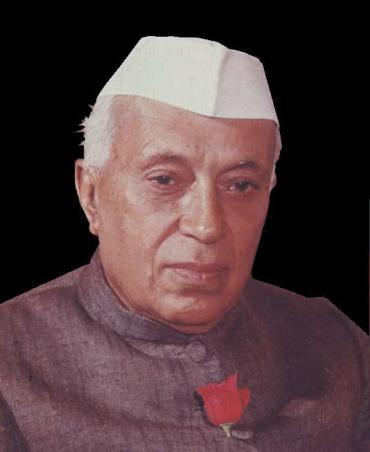
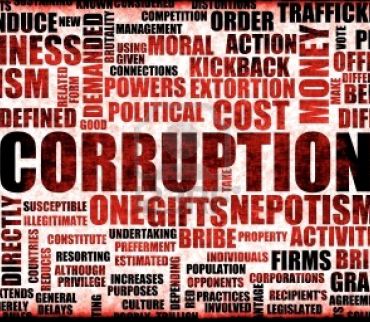
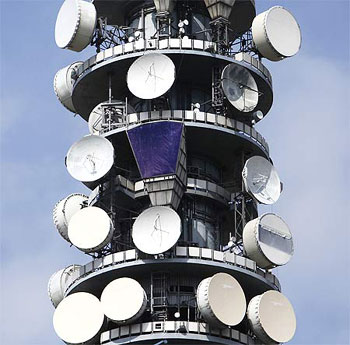
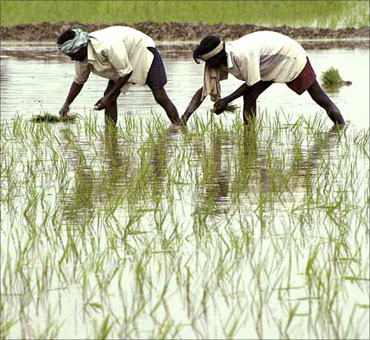
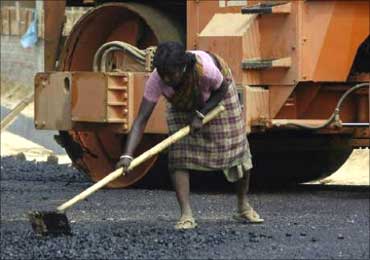


article